SLC S21 Week 1 - A Comprehensive guide to Herbal Medicines
Greetings and welcome to my blog. Thank you for such an enlightening class on herbal medicine.
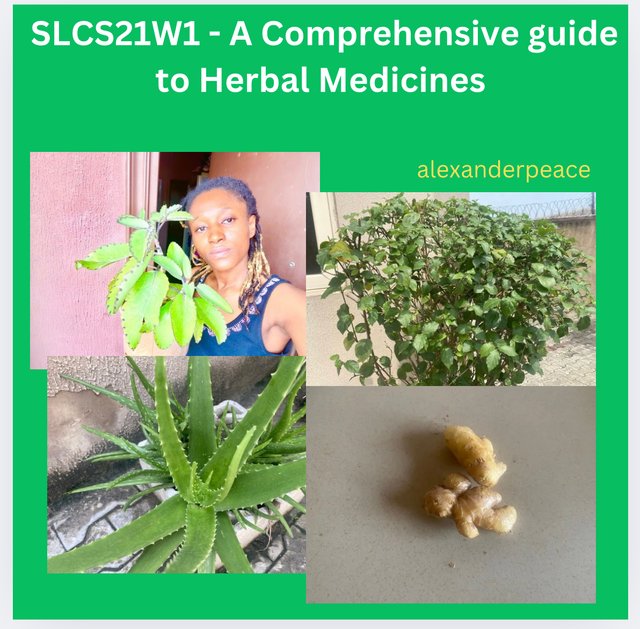 |
|---|
Research and write a history of herbal medicine in your culture or region. |
|---|
Herbal medicine in Nigeria dates back as far as the precolonial era before modernization set into this part of the world.
The people surrounded with nature began to experiment with the natural vegetation around them knowing there was more to them. These people are herbalist popularly called Dibia in my culture the Igbo culture, and babalawo in Yoruba culture.
The experimenting with different leaves was said to start when a man was said to have observed a wounded animal get better after chewing on a leave the next day.
These experimentations and results were passed down from generation to generation until it became entrenched in our culture till today.
Before the introduction of modern medicine, herbal medicine has been a means of earliest survival as the herbalists were depended upon to produce solutions for both physical and spiritual problems of the people.
The colonial masters brought in modern medicine which suppressed the use of herbal medicine but the practice was revived after the Nigerian independence in 1960 as more research has been carried out in the area of herbal medicine resulting to a blend with currently over 300 ethnic groups in Nigeria imbibing the use of herbal treatments.
Reaserch source
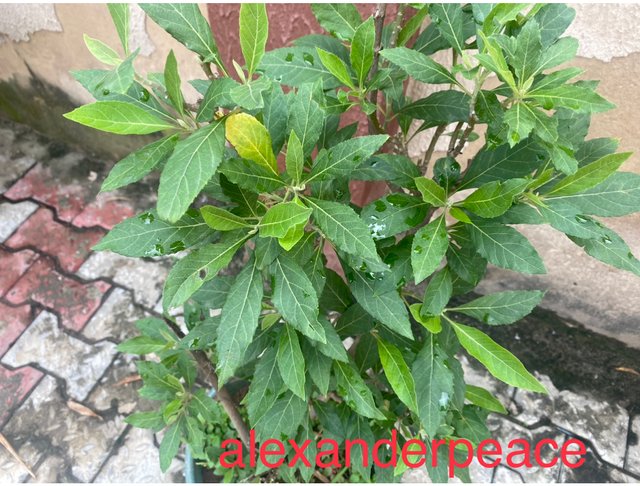 | Bitterleaves |
|---|
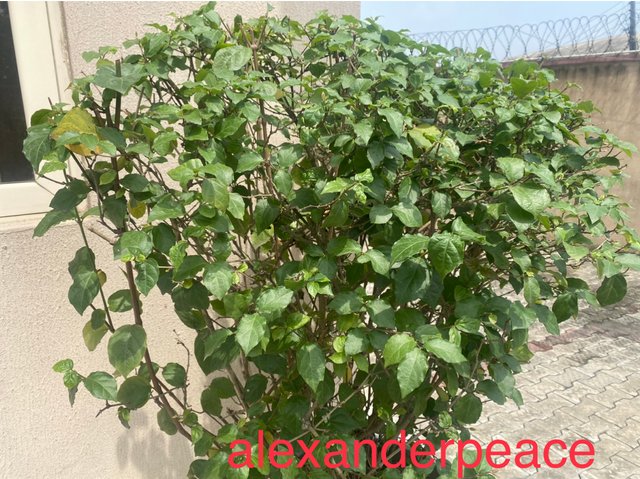 | mint |
|---|
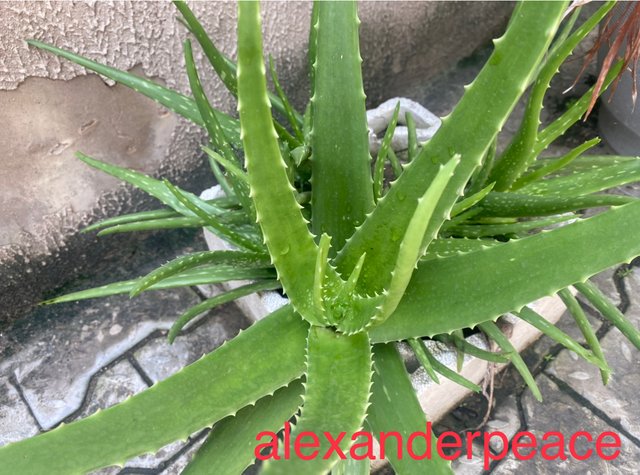 | Aloe Vera |
|---|
Examples of popular herbs used in my culture includes; Bitterleaf, turmeric, ginger, garlic, scent leaves, rosemary, Mangifera indica, pawpaw leaves (Carica papaya), zobo leaves, basil, nutmeg, mornings and aloe era.
Create a table comparing the benefits and side effects of modern medicines vs. herbal medicines for common ailments (e.g., cold, headache) |
|---|
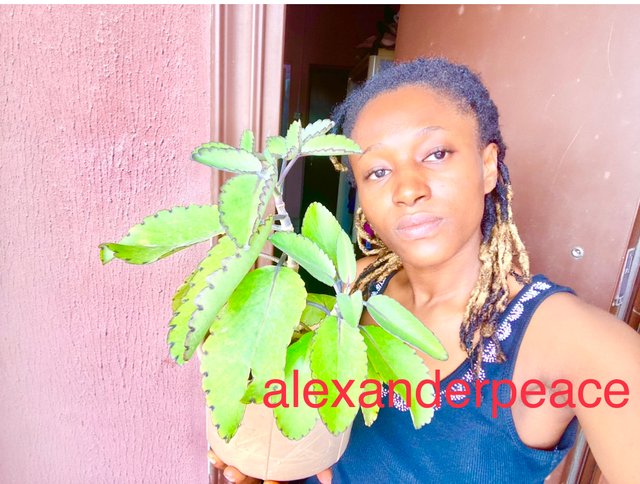 | My miracle leaves and I |
|---|
| Herbal medicine | Modern medicine |
|---|---|
| In treatment of common cold and pain herbs like ginger is used | Pain killers like paracetamol and ibuprofen is used for pain treatment and cold suppressants like Dextromethorphan |
| Ginger can cause heart burn, or mouth irritation, diarrhea | Can be addictive, cause numbness or dizziness |
| Herbal medicine for headaches can have lasting effect for up to three months for example the use of sour sop leaves | Lasts few hours and needs to be administered often |
| There’s no known dosage hence is taken using spoons and cups and may lead to overdose which can be detrimental to health | The dosages are known and hence prevents abuse |
| Herbal medicines for cold and aches like the ginger therapy can work for other areas of the body like boosting immunity, balance blood sugar, etc | Administration sees to only apart of the health |
Choose 3 herbs from your kitchen like mint, ginger, or turmeric and list their health benefits. Mention the recipes where you have used these herbs. |
|---|
Health benefits of Ginger
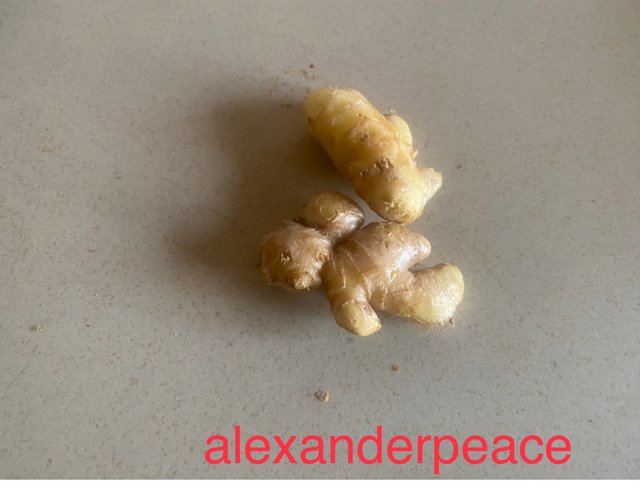 | Fresh ginger |
|---|
- Ginger contains some compounds that aid the body in fighting off germs as they are effective against bacteria like E.coli.
- Ginger helps to easy off nausea and expel gasses built up in the stomach.
- Over time, ginger is known to sooth muscle pain and ease off body soreness.
- Ginger aids to ease of arthritic pains due to its anti-inflammatory capabilities.
- Ginger is beneficial in easing menstrual cramps in women.
- Ginger is packed with antioxidants thereby protects the body from diseases and and helps in lowering cholesterol.
Health benefits of turmeric
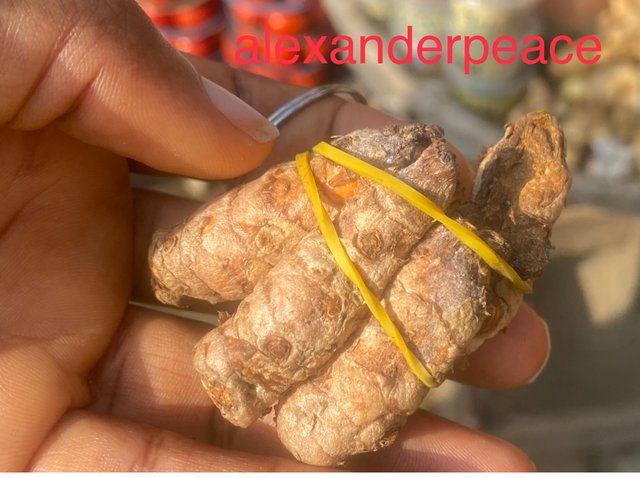 | Tumeric |
|---|
- Thinking of loosing some weights, turmeric come sin very essential as it promotes weight loss.
- Curcumin, one of the compounds in turmeric helps to improve cognitive function of the brain hence is can help patients with Alzheimer.
- Helps in getting rid of inflammation
- it’s aids digestion through bile production in the liver which helps to break down fats.
- It’s very good for the skin and can be used in treating some skin ailments like eczema.
- Aids liver function hence helps in body detoxification.
Health benefits of Garlic
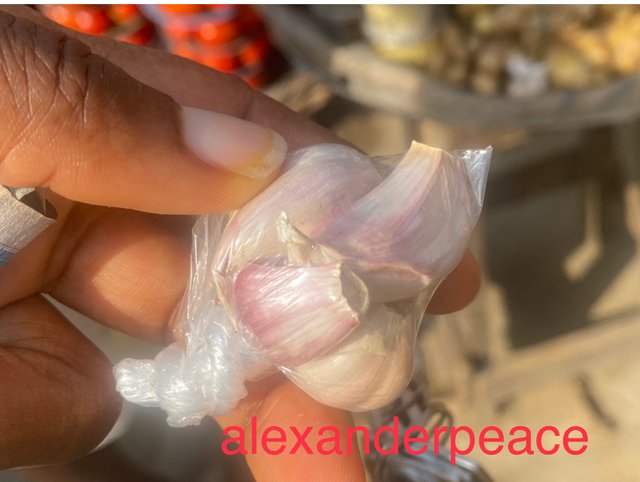 | Garlic |
|---|
- Garlic contain few calories and is very nutritious, a good source of vitamin like vitamin C, B6, selenium etc
- It’s used in treatment of common cold and flu
*It’s reduces one’s risk of getting a heart disease and reduces cholesterol level. - It’s has anti oxidants and they may be helpful in preventing dementia and Alzheimer’s.
- Garlic may improve bone health in older women and physical performance in men.
I used ginger to make ginger tea to relieve menstrual cramps. To boost my blood level and my immune system, I’ve Macerate mint leaves soaked in water and taken it in dosages morning and night.
Write about the different forms of the herbs. |
|---|
Fresh herbs:
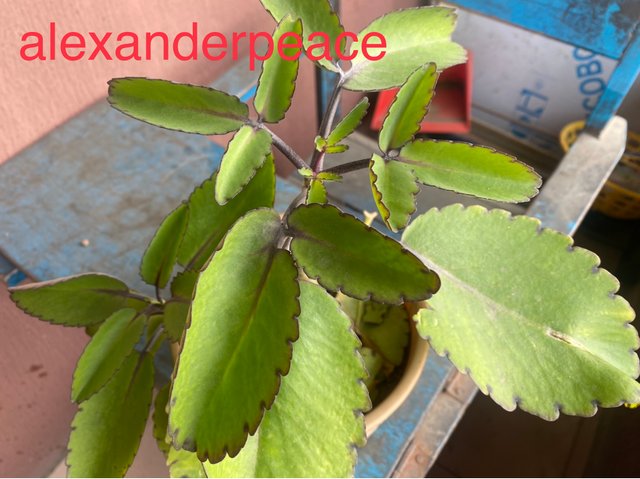 | Miracle leaves |
|---|
These herbs are plants herbs still in their fresh leave state. Their leaves are used to prepare herbal mixtures. Some of the leaves are macerated and washed or soaked in water and the extract used such as scent leaves.
Some fresh herbs are chewed and some are roasted on fire and their juice extracted such as miracle leaf used in treating cough. While some are cooked in water allowed to boil over time and extracted. Examples of fresh herbs includes tarragon, mint and basil and miracle leaves. I boil the miracle leaves in water and drink the extract.
Dry herbs:
These forms of herbs are gotten after fresh herbs have been dried. Dry herbs are dried in a way to avoid mildew in a place with warm areas that had good airflow.
Some dry herbs tend to reduce in their efficacy when dried. Example of common dry herbs are rosemary, thyme and oregano. These come very essential in the kitchen.
Herbal tincture. These are gotten when one or more different kinds of herbs are mixed together and soaked in alcohol or vinegar and allowed to stay over time before consumption as a particular dosage.
These are common in my culture and readily available and used to treat several infections and symptoms. I happen to take some in the past, they are usually bitter and can make you tipsy due to the alcohol content. Examples of herbal tinctures are Arnica Tincture, Cannabis Tincture and chaste tree tincture.
Herbal Teas: These are also known as herbal infusions or tisanes. They are gotten when different herbs, plants and spices are fused together in hot water. Examples are
Butterfly-pea flower tea and hibiscus delight.
Pick one herb and research any potential side effects and how to avoid them. |
|---|
Garlic:
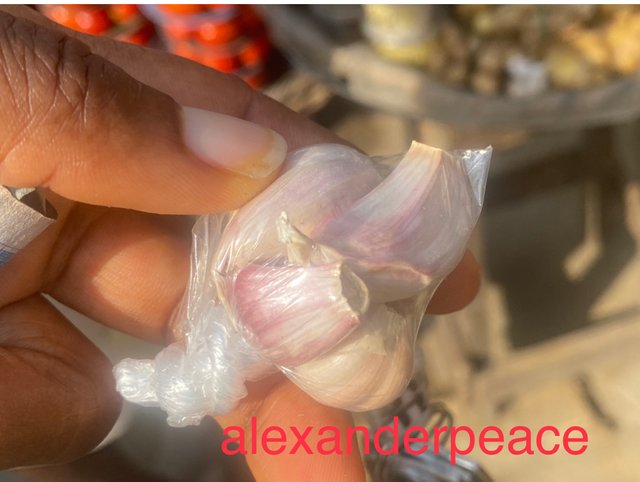 | Garlic |
|---|
Garlic is a very useful herb but can have some side effects which includes:
- Consuming raw garlic can give rise to bad breath. One of my friends had a terrible breath and that’s because of her regular consumption of raw garlic. She was using it to treat an ailment but she had to suffer bad breath.
- Garlic can increases Rick of bleeding especially for people who are undergoing surgeries or taking blood thinners.
- Garlic can cause gas, stomach bloating or stomach pain in some people because it’s contains high amount of fructans.
- Garlic causes stomach upset leaving to diarrhea.
- Garlic can lead to heart burn and burning in the throat or mouth.
Thanks for reading through. I ask @lewas-write, @jovita30 and @ngozi996 to participate in this challenge.